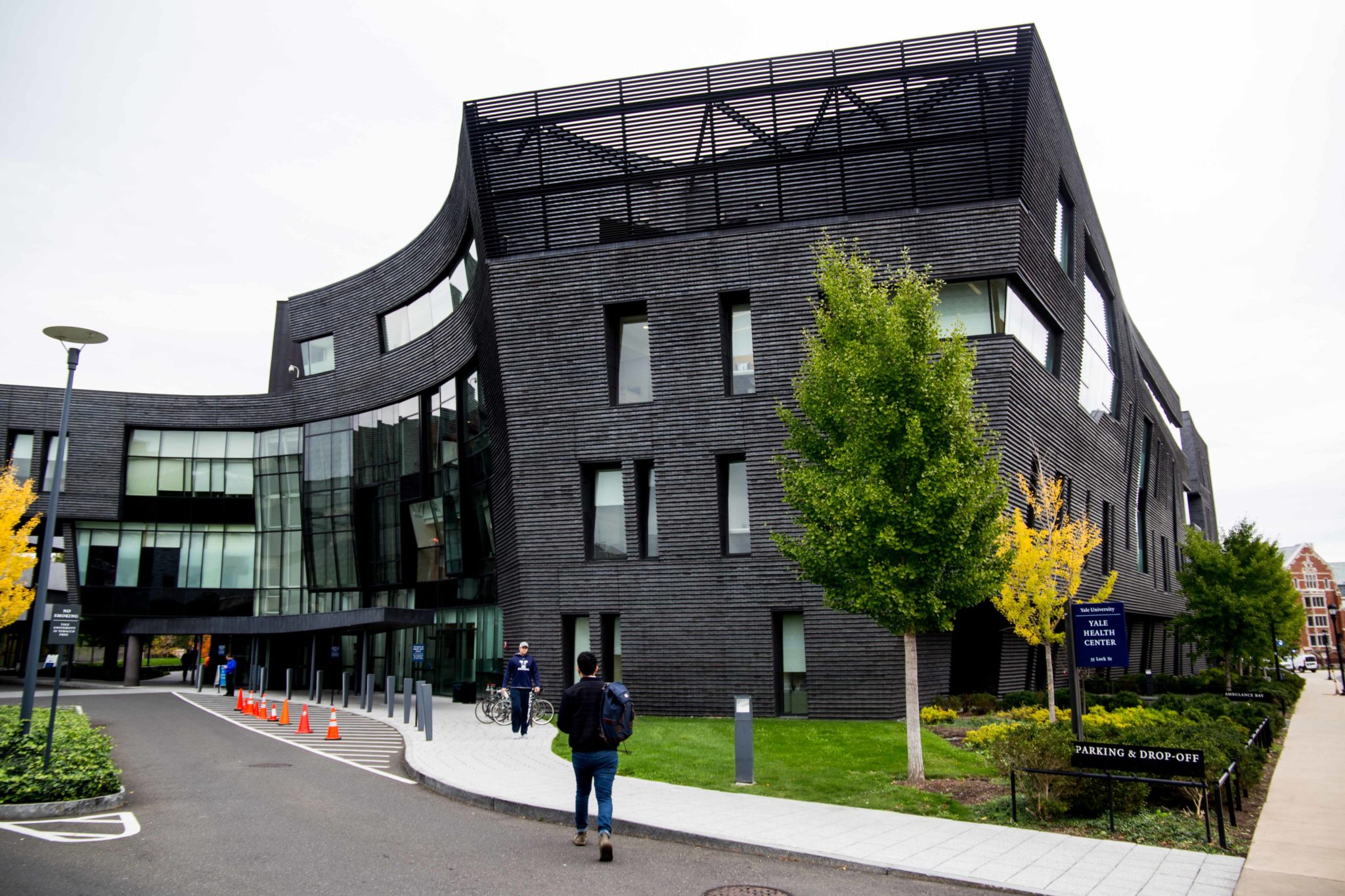
Lucas Holter
A recent Yale College Council report reveals that while undergraduates are largely happy with life at Yale, they are still dissatisfied with the University’s mental health resources.
The report is the first time the YCC has examined Yale’s mental health resources in the past five years. Based off of the results of the fall 2018 YCC survey, focus group discussions and comparisons to the findings of the 2013 report, the recent report analyzes the strengths and weaknesses of Yale’s campus culture, peer and faculty resources and mental health and counseling services. The report also states recommendations regarding mental health resources for undergraduates.
According to YCC Senators and the YCC Mental Health Report co-authors Ohshue Gatanaga ’21 and Katherine Du ’22, the recent expansion of the student body and a growing awareness of mental health issues on campus motivated the YCC to investigate the topic.
“We’re happy that mental health is more destigmatized than it has been on Yale’s campus, so more people have access to mental health resources,” Gatanaga said. “People are really starting to use mental health resources. But it also might be attributed to the fact that Yale is growing as a campus because of the addition of the two new residential colleges, and it’s really important that the mental health system and resources grow as well.”
In the YCC fall survey, 82 percent of the 2,181 respondents said they considered themselves to be “generally happy” at the University. Still, 48.7 percent said that they believe Yale does not do enough to tend to students’ mental health. Fifty-nine percent of respondents believed the quality of care at Mental Health & Counseling was favorable, and 48 percent said that they were “likely” or “very likely” to seek help from Mental Health & Counseling.
But the report noted that 54 percent of respondents “disagreed” or “strongly disagreed” that their wait times for mental health appointments were reasonable. According to the document, waiting for an intake appointment, then waiting for a therapist assignment and then waiting for the first meeting with the assigned therapist each take an average of one to two weeks.
“Combined, it may take students more than a month to receive actual, quality treatment,” the report reads.
The document also reported that many students do not feel comfortable bringing up mental health concerns to faculty or staff members. According to the report, 46.4 percent of respondents either disagreed or strongly disagreed with the statement: “There is at least one faculty/staff member that I can go to in order to talk about my mental health.”
The report offers a variety of recommendations on how to approach the issues it has identified. These recommendations include standardizing dean’s excuses surrounding mental health, hiring more diverse Mental Health & Counseling staff — in terms of race, languages spoken and LGBTQ identity — and helping students find mental health professionals outside of Mental Health & Counseling if they would like to seek outside help.
When devising the recommendations, Gatanaga and Du said that they looked at peer institutions as models for possible solutions to Yale issues. Some recommendations were also based on ideas coming out of the focus groups, Du said.
YCC President Saloni Rao ’20 said that the YCC is also working on bringing more attention to the residential college Mental Health Fellows and making them more accessible to students. The report explains that each college is assigned an Mental Health & Counseling clinician, but points out that the website for the Fellows program does not provide any clear information about this resource or how to access it. According to YCC fall 2018 survey data, just 32.5 percent of students have heard of the Mental Health Fellows program.
Du said that this semester, YCC will focus on discussing the implementation of the report’s recommendations with administrators. Rao told the News that the YCC has already met with Yale Health officials to discuss the report’s findings, and the officials were “receptive to almost every single recommendation.”
Additionally, Yale College Dean Marvin Chun told the News that he is “grateful” for the YCC’s work on the report, and he is currently discussing the findings with officials from Yale Health and the Yale College Dean’s Office. He added that he also plans to speak further with students about the report.
In addition to helping YCC in its conversations with administrators, Gatanaga said he hopes that the report can serve as a “qualitative report for anyone who wants to advocate for change” on campus in the area of mental health. He also highlighted that it is important to be optimistic about the future of mental health at the University.
“It’s really easy to be negative and pessimistic about the way that Yale takes care of its mental health,” he said. “I think we’re always on the verge of a mental health shift in culture, and I think that the students who push and keep pushing are going to get the change that they need and they want in the very close future, and that their efforts aren’t in vain.”
According to MentalHealth.gov, one in five Americans “experienced a mental health issue” in 2014.
Asha Prihar | asha.prihar@yale.edu







